This is a joint investigation by The Insider, Bellingcat, Der Spiegel and La Repubblica
At midnight on September 14, 2018, Major General Andrey Averyanov, commander of the secret operational unit of the GRU 29155, was still at work – at the headquarters of the GRU on Khoroshevsky highway. The general had a hard day: in the evening, The Insider and Bellingcat published their investigation "Solberetsky", dedicated to Averyanov's subordinates – "Petrov" and "Boshirov", where their involvement in the special services was proved. Among other things, the investigation revealed for the first time that GRU officers were using cover passports from a special series. The text ended with the words: “It is also interesting that if you change the last digit in the passports of Petrov or Boshirov, then you will again find people with strange profiles, with incomplete addresses (for example, without an apartment) and absent in any social networks and databases.” At the end of the text it said “to be continued”, and although Averyanov could not then know that this text would be only the first of a series of high-profile investigations, he already understood the scale of the catastrophe that had happened: dozens of active employees, many of whom were in Europe right at that moment with passports of this series, were on the verge of failure.
This text by The Insider and Bellingcat fit on two pages, but made a lot of noise on Khoroshevskoye Highway, GRU chief Kostyukov constantly personally called Averyanov, and the entire intelligence leadership worked in emergency mode until night. Three minutes before midnight, Averyanov received a call from the GRU department responsible for "illegals", that is, intelligence officers who permanently live abroad under the guise of foreigners and under a false name. Usually this profession is associated with the Foreign Intelligence Service, but the GRU also has its own "illegals", albeit a little. To prepare your illegal immigrant is the most difficult of all intelligence tasks, many years are spent on implementation, the intelligence officer must be fluent in the language and be able to convincingly play his role, in a word, he must be as different as possible from "Petrov" and "Boshirov".
The next day, September 15, 2018, a woman with a passport named Maria Adela Kufeldt Rivera bought a one-way ticket from Naples to Moscow. However, the most remarkable thing in the passport was not his name, but his number – it differed only in the last digit from the passports of “Petrov” and “Boshirov”. For about ten years, "Adela" lived in different countries of Europe and was well known in many circles as a Peruvian-born socialite, designer with her own line of jewelry. The military, politicians and journalists closely communicated with her, she gave interviews and threw noisy parties, but in one day, September 15, 2018, Maria Adela Kufeldt Rivera turned back into Olga Vasilievna Kolobova, born in 1982 and returned to her Moscow apartment in the West Degunino.
Adela's first birth and ghost church
On August 8, 2005, the Independencia District Civil Registry Office in Lima, Peru received an application to include a new Peruvian citizen in the national database. The woman introduced herself as Maria Adela Kufeldt Rivera, and her lawyers presented a birth certificate from the registry office of the seaside town of Callao. The birth certificate was dated September 1, 1978 and contained the serial number 1109 from the 1978 Birth Book. The registry office requested additional confirmation and Adela's lawyers presented an additional document: a baptismal certificate from the parish of Cristo Liberador in Callao. According to a church document, Maria Adela was born on September 1, 1978 and was baptized two weeks later, on September 14, 1978. For confirmation of this information, the registry office turned to the parish priest of the diocese of Cristo Liberador, Reverend José Enrique Herrera Quiroga. The priest did not even have to check the church records to understand that the document was fake, because he was the founder and first priest of this church, founded in 1987, 9 years after the alleged baptism of Maria Adela.

In connection with this fraudulent statement, the Ministry of Justice transferred the case to the prosecutor's office on the fact of "crimes against public safety and faith."
The second coming of Adela: from Peru to the Soviet Olympics
Although the Peruvian citizenship story failed, the GRU leadership was too lazy to invent a new legend (probably unaware that the Peruvian government would make this information public). Be that as it may, Maria Adela received her first Russian passport in 2006, using exactly the same name and date of birth. According to the cover created for her, she worked as a "leading specialist" at Moscow State University and lived at an address in Moscow, where, as we were able to establish, other people who did not suspect her existence actually lived.

Notably, the internal Russian passport issued to "Maria Adele" belonged to the same series that the GRU issued to at least six other members of its staff, including "Sergei Pavlov" (real name Sergei Lyutenko), one of the poisoners of the Bulgarian gunsmith Yemelyan Gebrev, and "Alexander Danilin" (real name Alexander Kovalchuk), involved in the poisoning of Sergei Skripal. This means that "Maria Adela" received a Russian passport around November-December 2006 – just before the Peruvian Ministry of Justice published data on her exposure (albeit on a little-visited site).

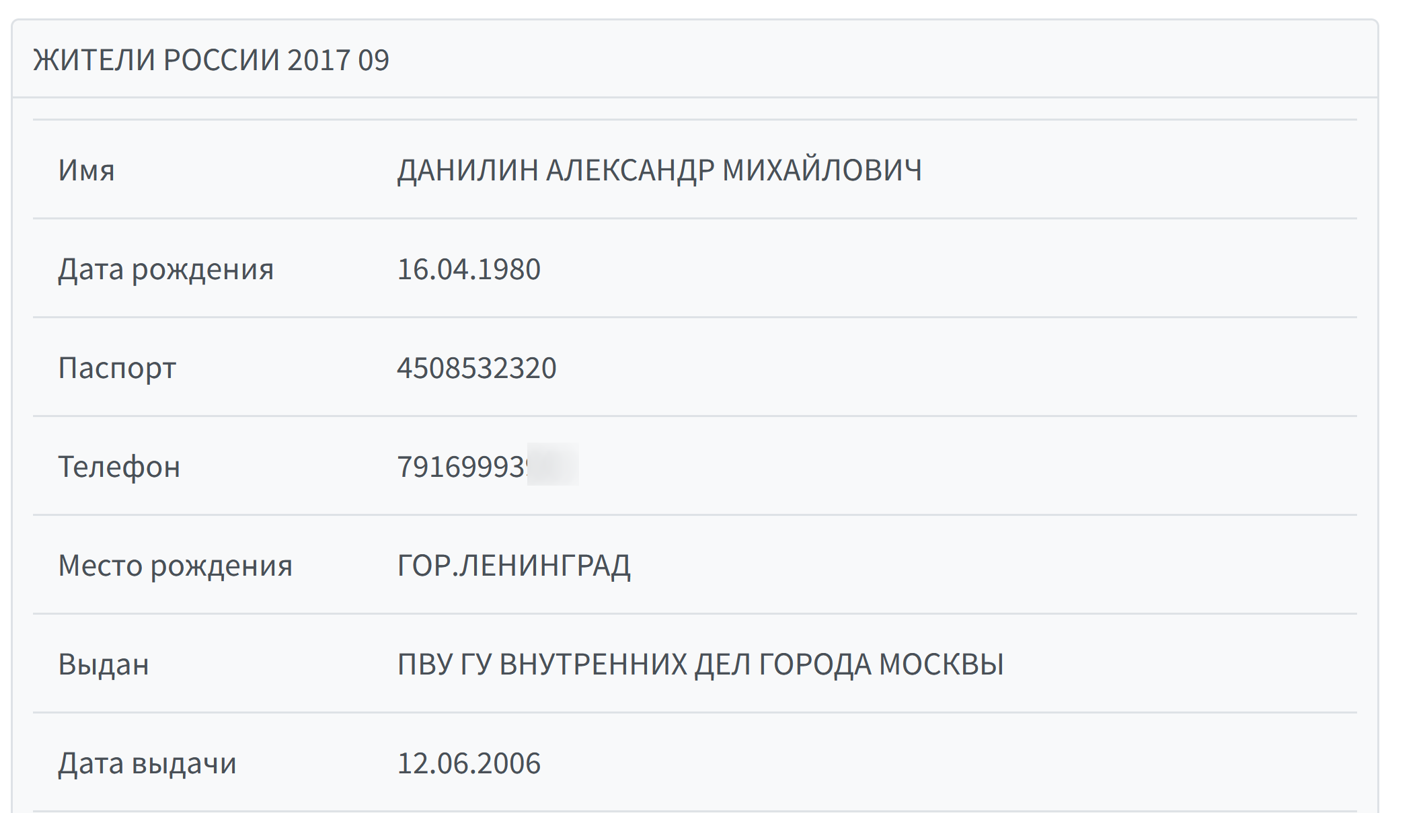
Later, "Maria Adela" told her new acquaintances a rather exotic version of her origin: she was born in Callao, Peru, her father was German, and her mother was Peruvian. Her father abandoned them and her mother raised her alone, and in 1980 she went with her to the Soviet Union to take part in the Olympic Games (!). There, her mother received an emergency message from Peru urging her to return home urgently, and left the little "Maria Adela" in the care of a certain Soviet family (?!), with whom she apparently became friends. Her mother never returned, and "Maria Adela" grew up in Russia, having a difficult relationship with both her foster mother and her father, who she told people abused her as a child. The latter, as she told the people she became friends with, was the reason why she did not want to live in Russia or marry a Russian man, and explained her desire to live and raise a family in Western Europe.
Rome, Malta, Paris, London
When exactly “Adela” appeared in Europe is now difficult to establish, but judging by her photos on social networks of other people, she was in Rome and Malta between 2009 and 2011.
Marcel D'Argy Smith, formerly the editor of the UK edition of Cosmopolitan magazine, has considered Adela a close friend since she met her at her birthday party in Malta in 2010. According to her, "Adela" then told her that she studied gemology in Paris, but often visited Malta, where she had a boyfriend.
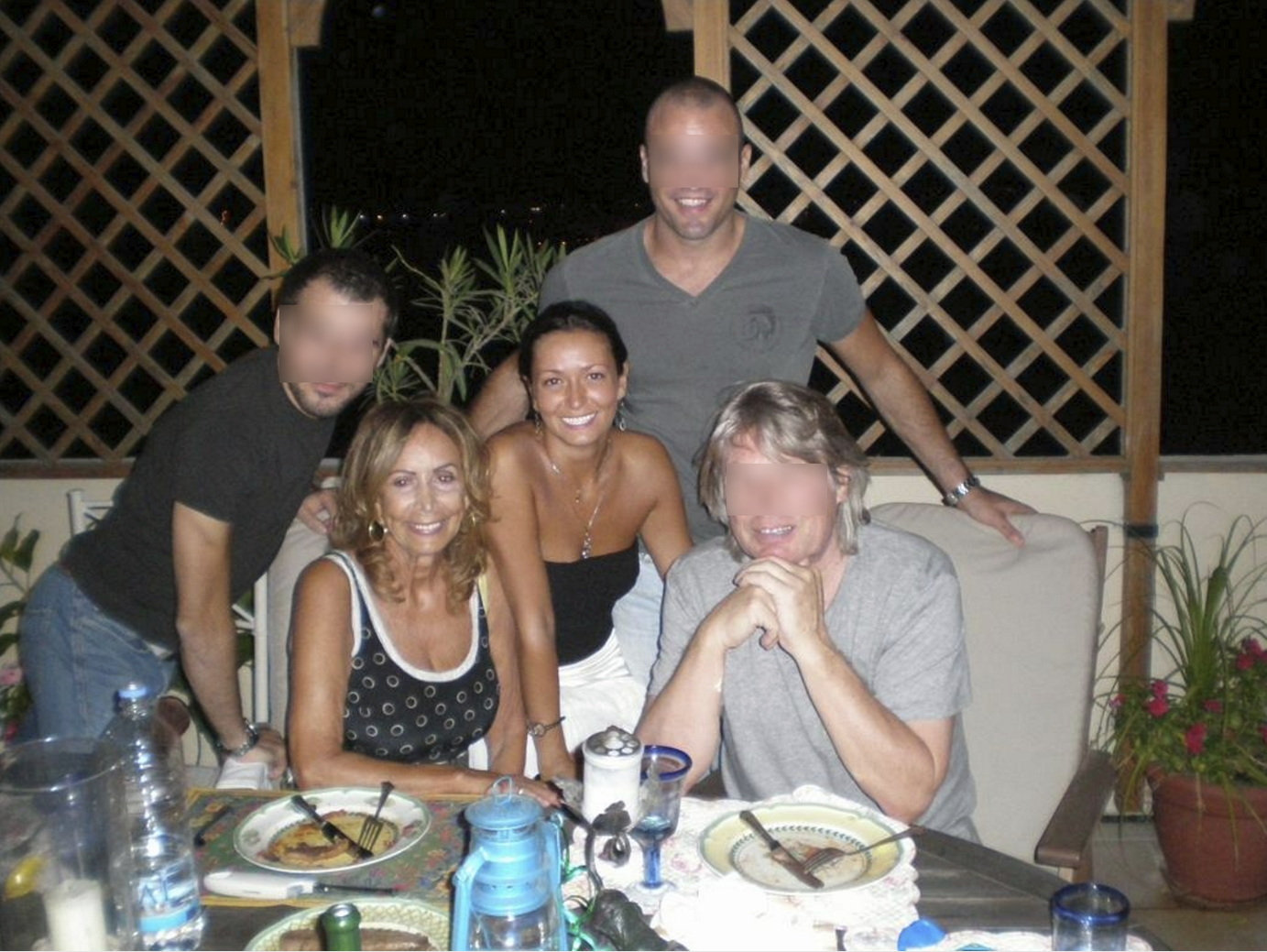
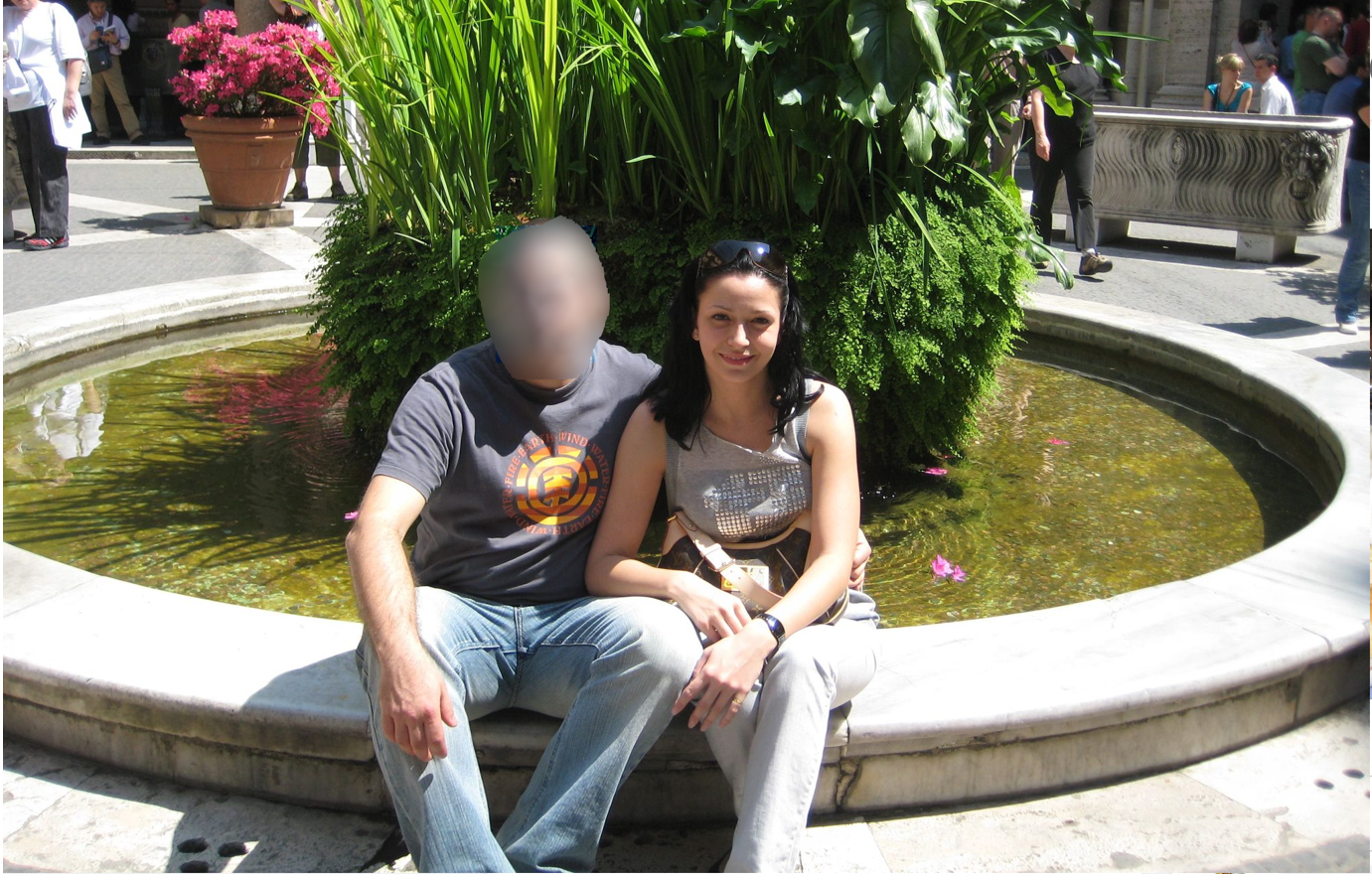
The first information about Adela's international trips, which could be found in the databases, dates back to October 10, 2011, when she made the first of many trips by train lasting two and a half days from Moscow to Paris. Why she so often traveled from Moscow by train is not very clear, she herself explained this by aerophobia. The passport on which she was traveling at that time was issued in August 2011 and had the number 643258050 – only a few digits different from the number of "Sergey Fedotov" (real name Denis Sergeyev), the third participant in the poisoning of the Skripals.

According to Marcel D'Argy Smith, "Adela Maria" first studied gemology at a university in Rome before traveling to the UK in February 2011 as part of a study tour with various fashion design companies. In October 2011, "Maria Adela" moved to Paris to complete her MBA. Italian immigration data obtained by La Repubblica corroborates D'Argy Smith's recollection and shows that "Maria Adela" first traveled on short stay French visas and eventually received a student visa in September 2011.
"Adela" also often visited London, and D'Argy Smith recalls that "Adela" asked her to introduce her to some English politicians or lords, however, the matter did not go beyond conversations.
Shortly after moving to Paris, she registered her own jewelry brand in France under the Serein brand. From that moment on, this jewelry company became the official front business for Adela.
Strange marriage
In July 2012, "Maria Adela" married a man she explained to friends was Italian. In fact, in addition to an Italian passport, her husband D. M. had both Ecuadorian and Russian citizenship and was born in Moscow to a Russian mother and an Ecuadorian father. Shortly before their wedding, he received a Russian passport from the Russian embassy in Ecuador. After the marriage was registered in Rome, he traveled to Moscow, where in September 2012 he received a Russian tax identification number.
A year later, he again went to Moscow separately from the "Maria Adela". He died in Moscow on July 13, 2013 at the age of 30, the cause of death is recorded in the death certificate as "double pneumonia and systemic lupus erythematosus." Close friends of her husband were very surprised when they learned from The Insider that he was married, they had never heard of "Marie Adela", and her appearance did not tell them anything.
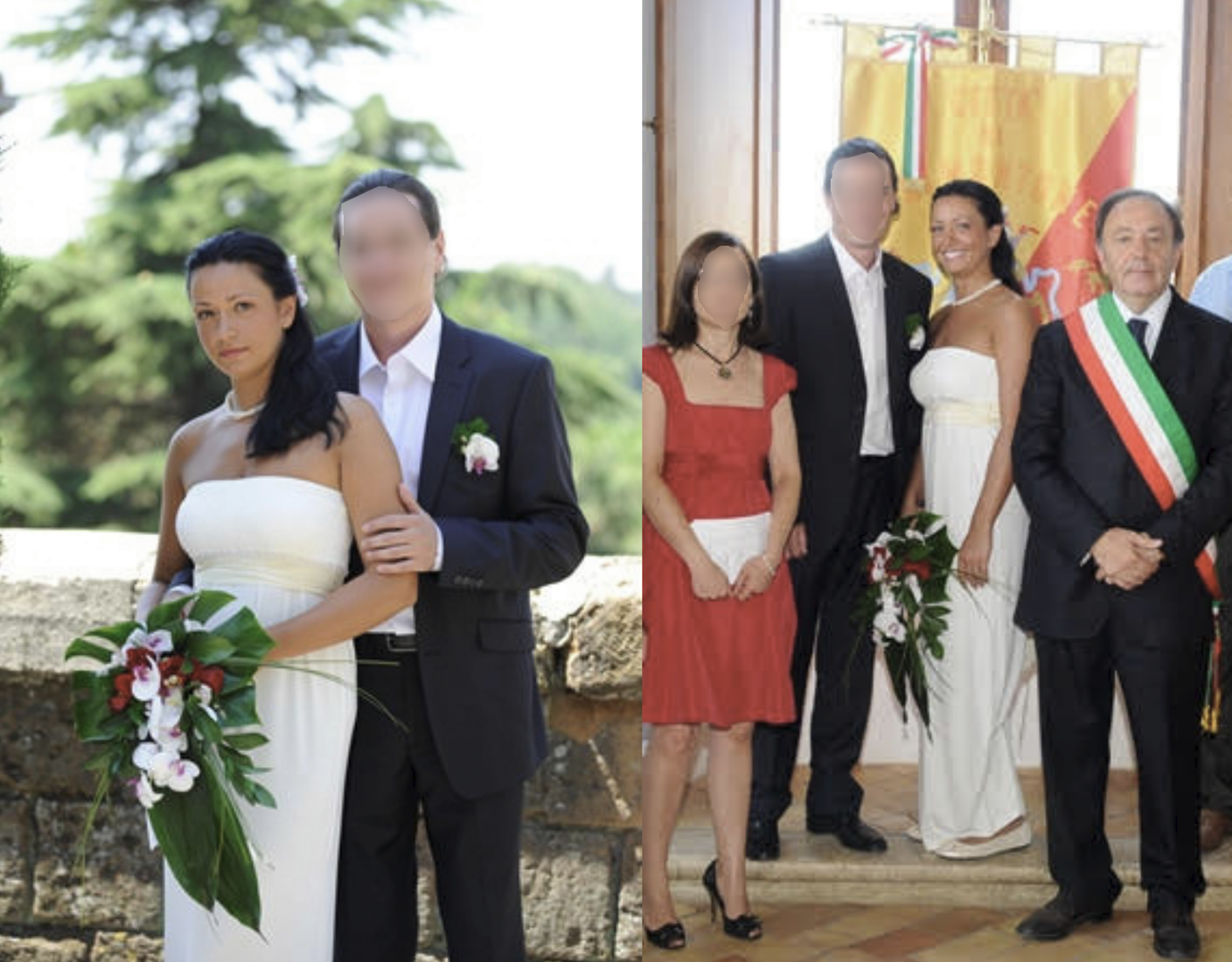
The border crossing data shows that "Maria Adela" was not in Russia at the time of her new husband's death and arrived in Moscow only a month later, on August 15, 2013. A close friend of her husband agreed to speak to The Insider on condition of anonymity, out of fear for his safety in connection with the discussion of potential GRU spies. He was surprised to learn that a friend got married without telling his friends and suggested that he may have agreed to an arranged marriage to help someone get a European passport. The friend also told The Insider that he was diagnosed with lupus less than two months before his sudden death.
The Merry Widow Comes to Success in Naples
At the beginning of 2013, Maria Adela registered its own company in Italy, Serein SRL, whose purpose was to manufacture and trade in jewelry and luxury goods. She later moved to the Neapolitan suburb of Posilipo overlooking the bay.
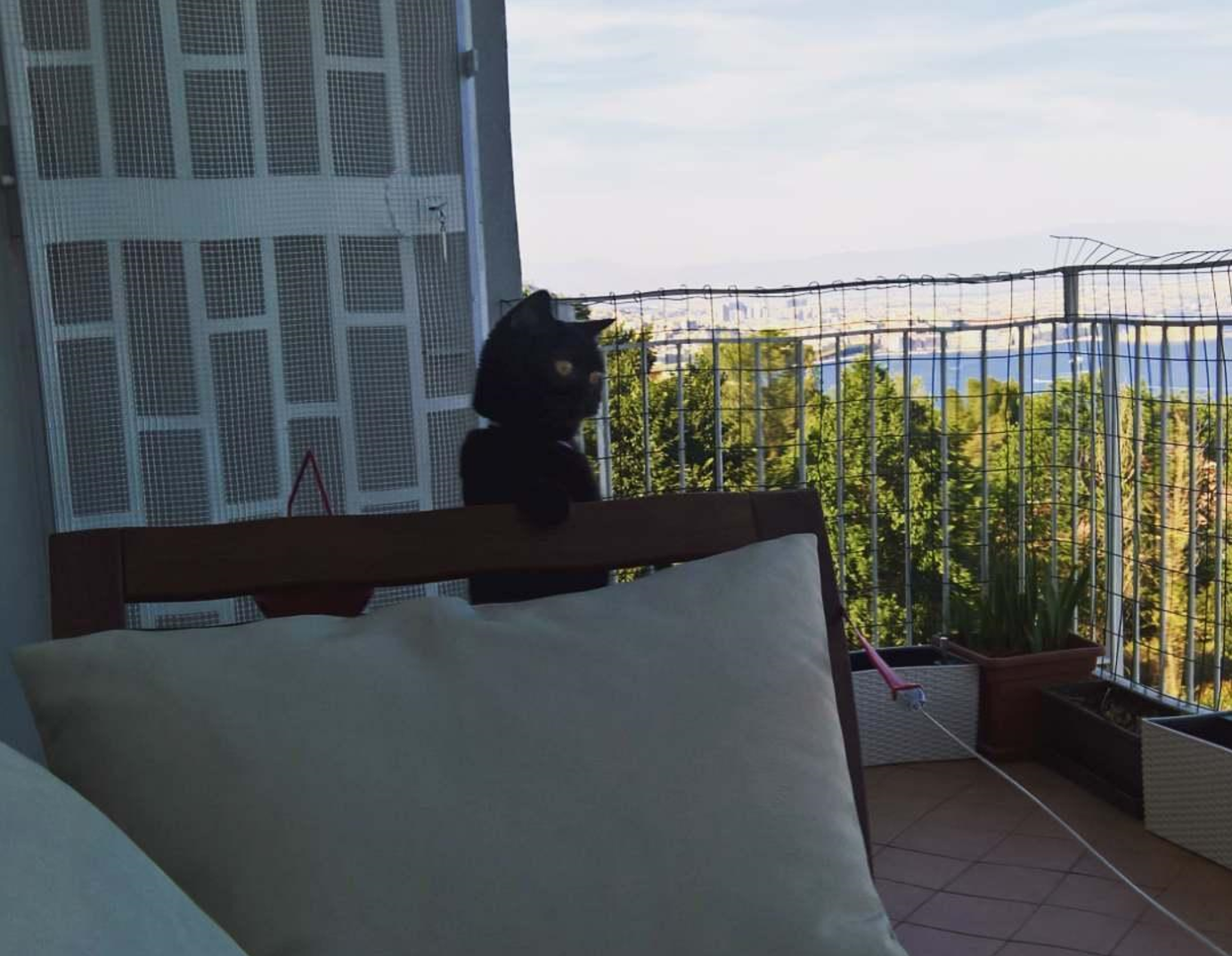
It was in Naples that the peak of the career of "Maria Adela" as a Russian illegal spy began. Over the next three years, she became an integral part of the local social life: she opened a jewelry and luxury boutique, later turned it into a fashion club where the local social life was seething, and, finally, she became the head of the local chapter of the charity Lion's Club.
Maria Adela's boutique showcased signature Serein jewelery she said she designed herself. Her company's now defunct webpage claimed, "Since 1800, we've been working to create small works of art that evoke emotion."
In fact, a reverse image search reveals that the “small works of art” sold in the Maria Adela boutique and allegedly “created in Naples” turned out to be cheap knick-knacks bought from Chinese online wholesalers.
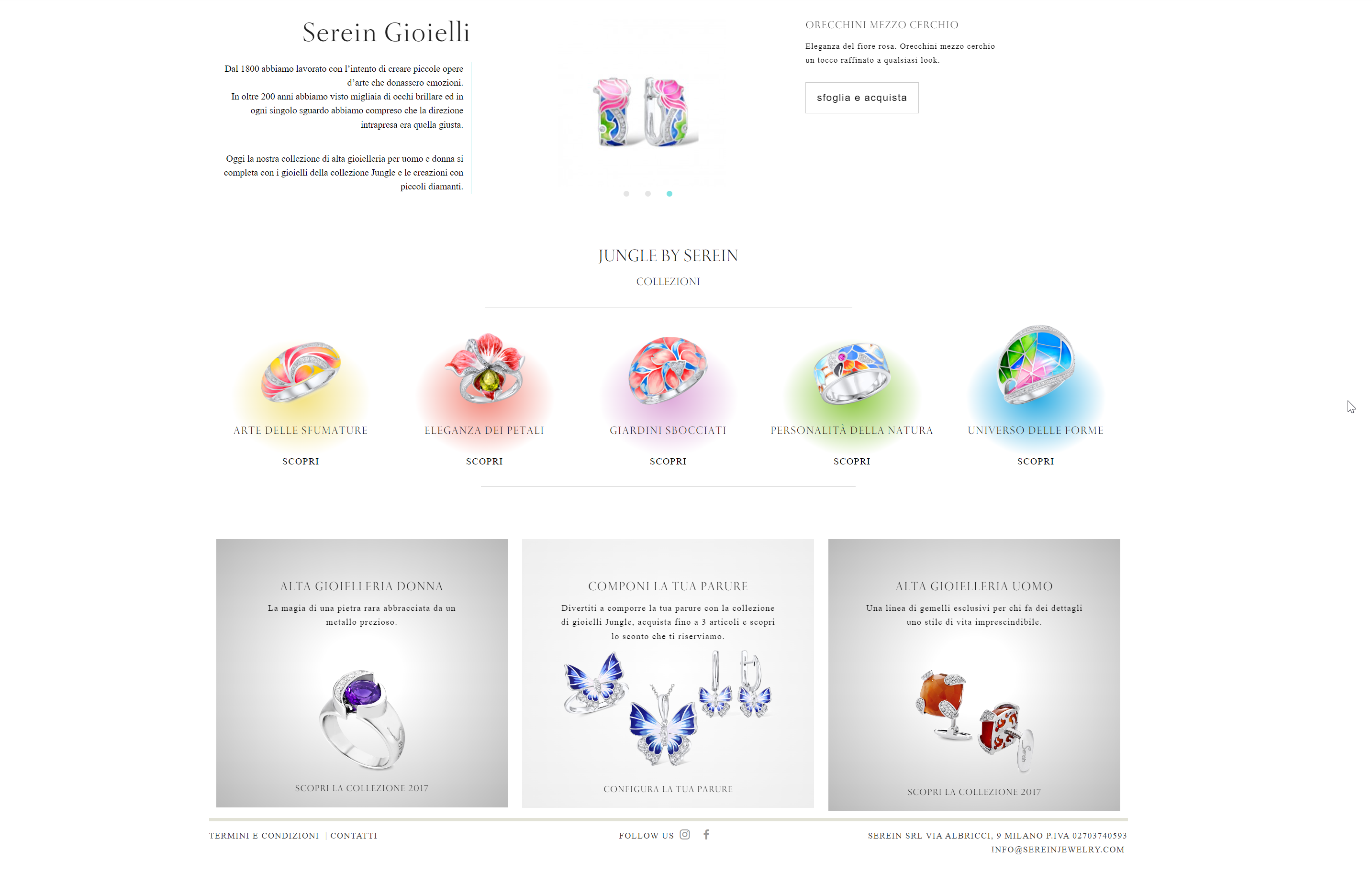

Amazingly, Adela not only was not exposed, but even managed to launch a “Serein concept gallery.” The gallery 's promo video says the place has become a haven for the local Neapolitan public, including local politicians, businessmen and celebrities. Most likely, the owners somewhat embellished the image of the gallery, but it must be admitted that "Adela" quite managed to establish itself in its legend and make new useful contacts.
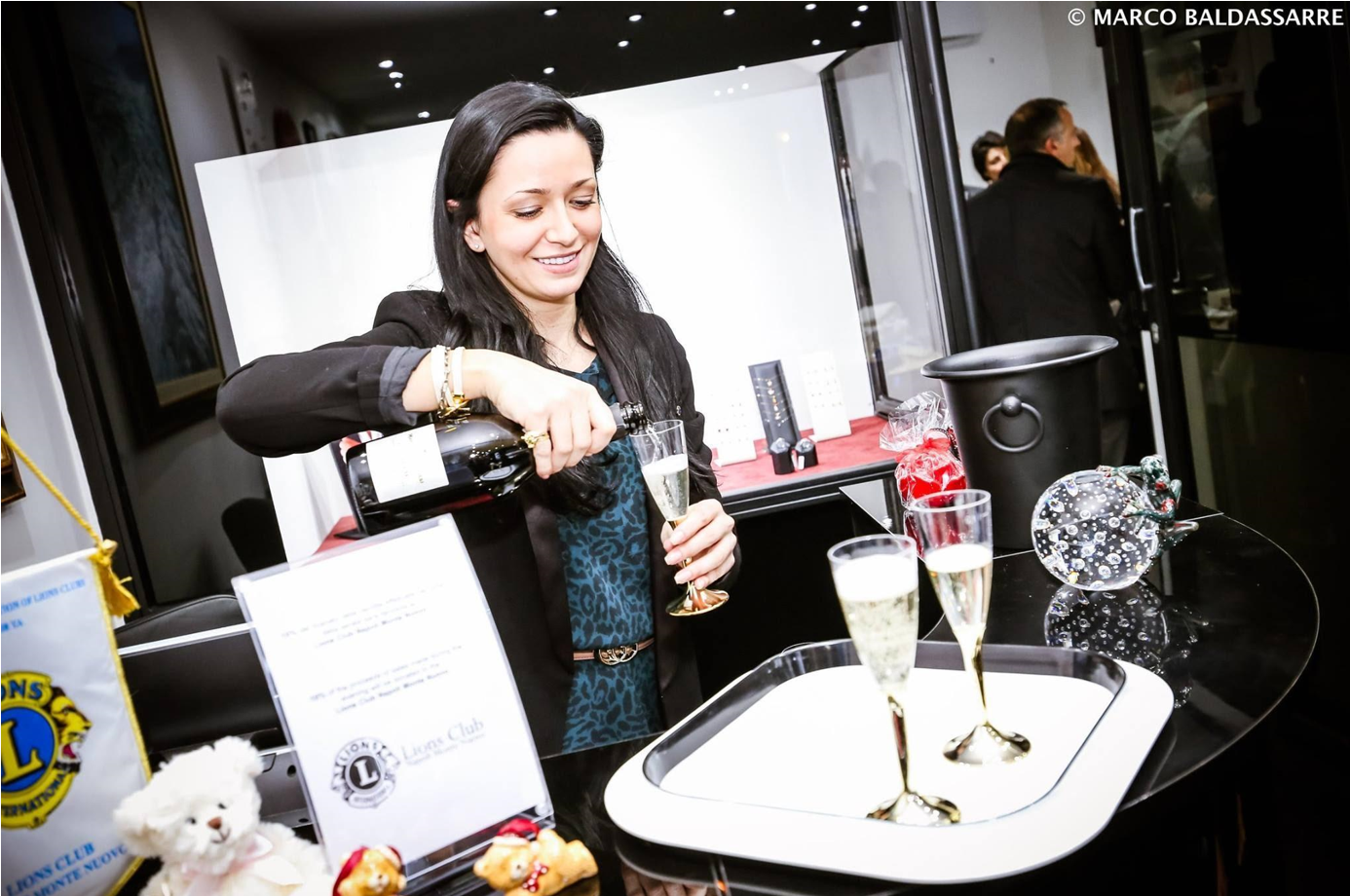
Lion's Club and implementation in NATO
Perhaps the main achievement of Adela, which opened many doors for her, was the receipt of the position of secretary in the local branch of the charity organization Lion's Club in 2015. This branch, called Lions Club Napoli Monte Nuovo , had one important feature – it was created by NATO officers based in Naples and even depicted the insignia of the joint forces of NATO on its banner.
According to the memoirs of Lieutenant Colonel Torsten S., an officer in the German Bundeswehr who was treasurer of the Lion's Club in 2015, membership in the club was declining and the head of the Naples Lion's Club recommended "Maria Adela" as a way to revive activity, activating international relations in Naples civil society. He recalls that “Maria Adela” was very active in trying to revive the club, attending all the events, and at some point in 2018, when the membership was reduced and the prospect of closing the club again appeared, she even volunteered to pay everyone’s membership dues. Then the lieutenant colonel did not see anything suspicious in this sudden generosity.
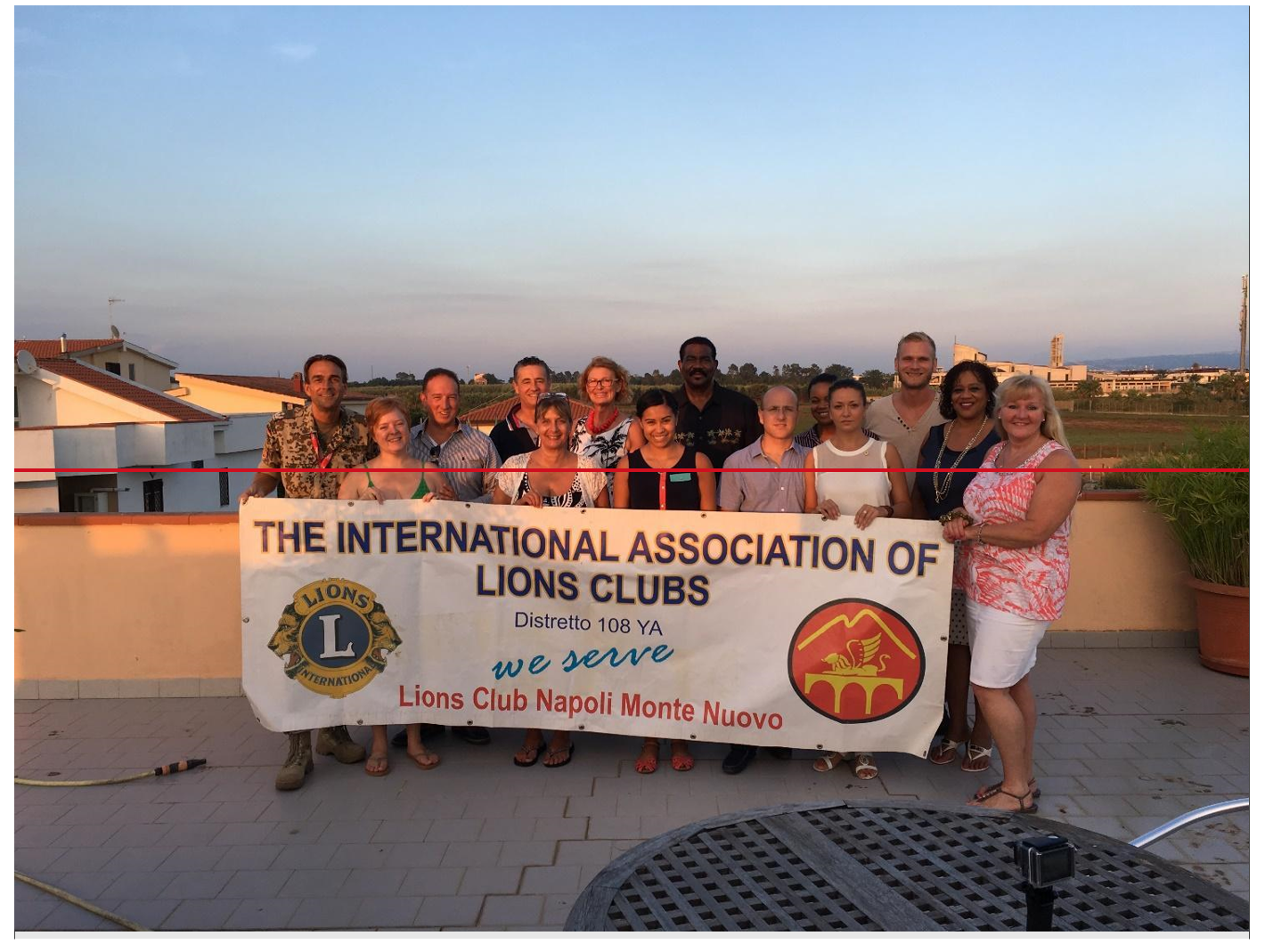
Three NATO-connected acquaintances of “Maria Adela” we interviewed said that, as a member of the Lion’s Club, she interacted with many NATO personnel, became friends with a number of officers and often interacted with them on social networks, some of which were clearly romantic in nature.
One person thought to be close to "Maria Adela" was Colonel Shelia Bryant, then Inspector General of the US Naval Forces in Europe and Africa. Ms Bryant, who left Naples in May 2018 and ran for Congress on the Democratic ticket, said she found Adela's backstory confusing and unconvincing – "Why would anyone abandon their child in the Soviet Union?" The source of her income was also unclear to her: “She opened a store and often changed expensive apartments, despite the fact that the origin of the money was unclear.” Ms. Bryant claims that she and her husband reduced their interactions with "Adela" to small talk, trying, among other things, to help her overcome what they thought were emotional problems with men. The same impression was formed by Marcel D'Argy Smith and another acquaintance of "Marie Adela", who wished to remain anonymous. Shelia Bryant assured that they did not discuss politics with "Maria Adela" and that Shelia herself had limited access to highly confidential military information on a need-to-know basis. According to her memoirs, Adela communicated in society not only with American, but also with Belgian, Italian and German employees and NATO officers.
Another person, described by Lieutenant Colonel Torsten S. as close to "Maria Adele" – before they fell out with each other in 2018 – was the data systems administrator at the NATO command center in Naples at the time (she declined to comment, knowing the topic of conversation).
“Maria Adela” had direct personal access to many NATO and US Navy officers in Naples, visited some of them at home, attended many events organized by NATO or the US military, including the annual NATO and US Marine Corps balls. The only thing that is not yet clear is whether she ever had physical access to a NATO base.
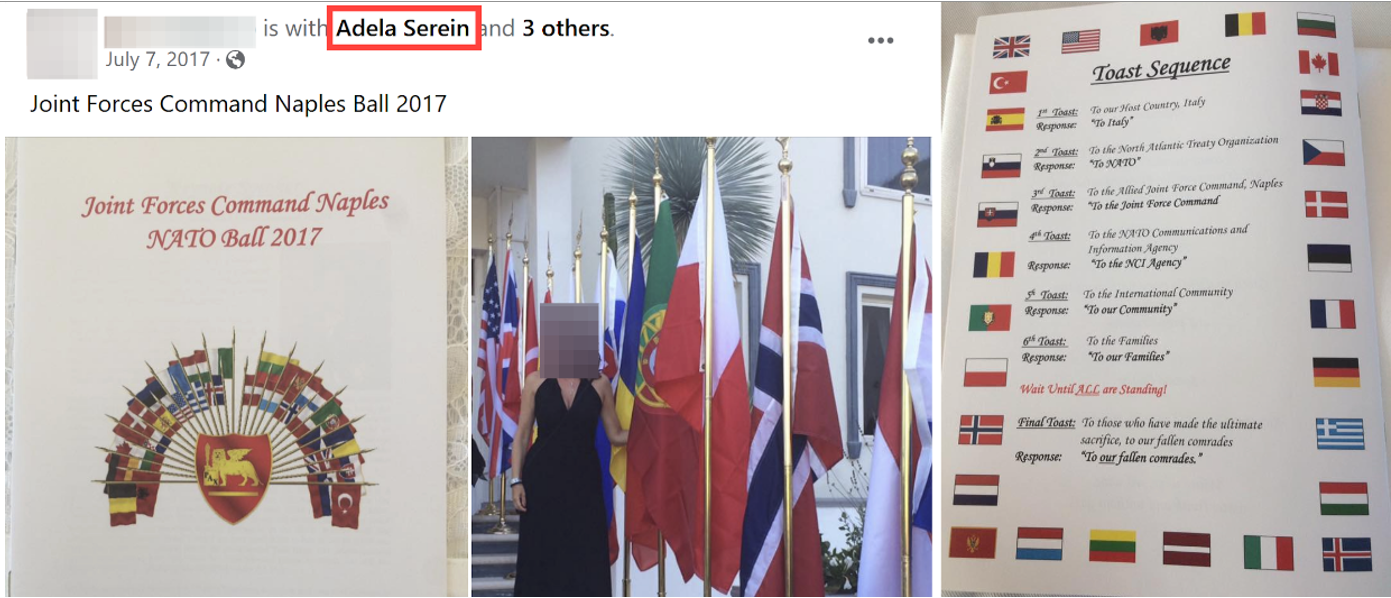
Bahrain
According to D'Argy Smith's recollections and "Maria Adela's" Facebook posts , she has traveled regularly to Bahrain since 2013 under the pretense of attending the annual Jewelery Arabia exhibition.
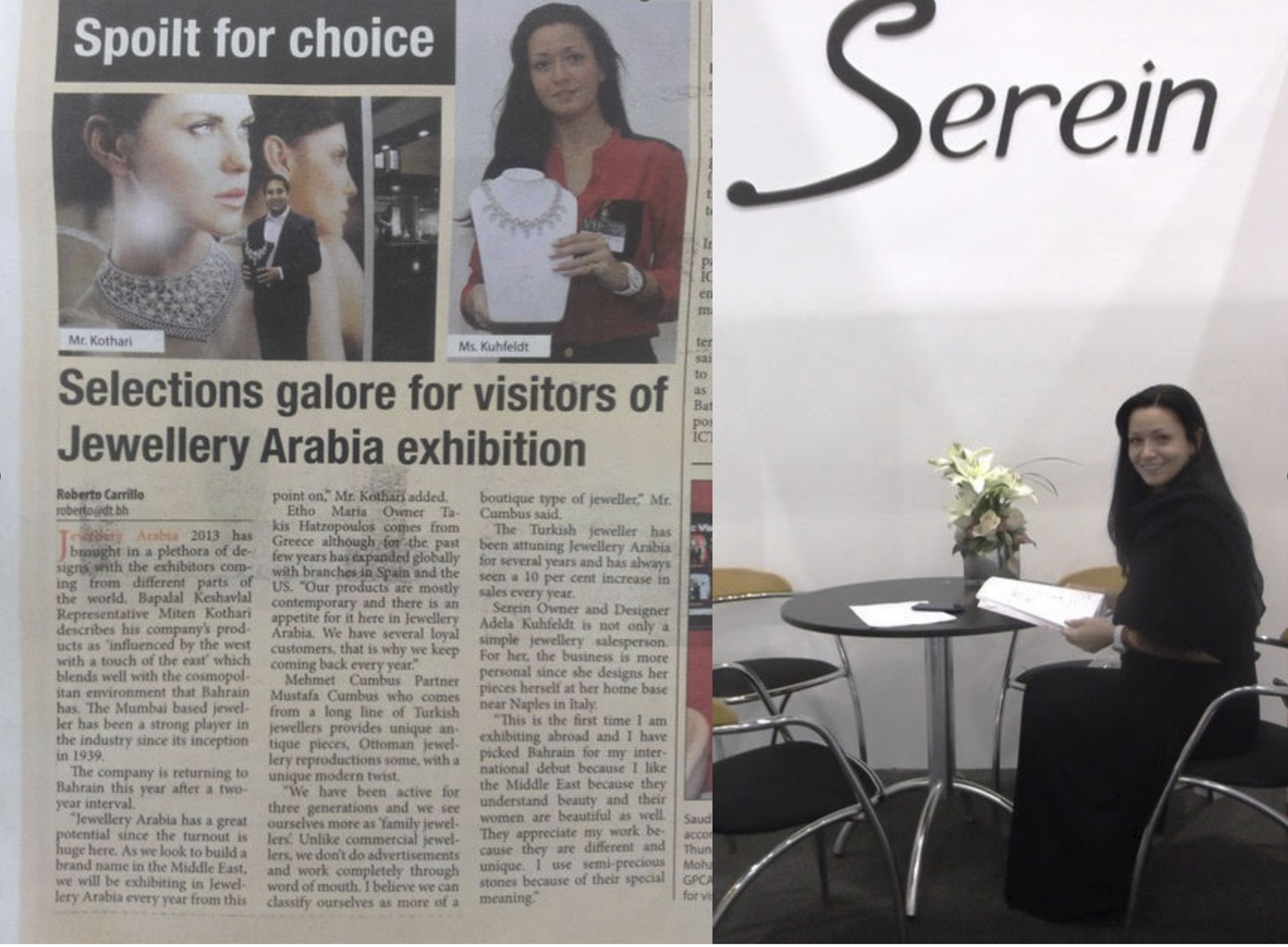
It seems that Adele also managed to establish good contacts in Bahrain. In December 2014, her company's Facebook account posted a photograph showing her presenting Serein cufflinks to the country's then prime minister, Prince Khalifa bin Salman Al Khalifa.
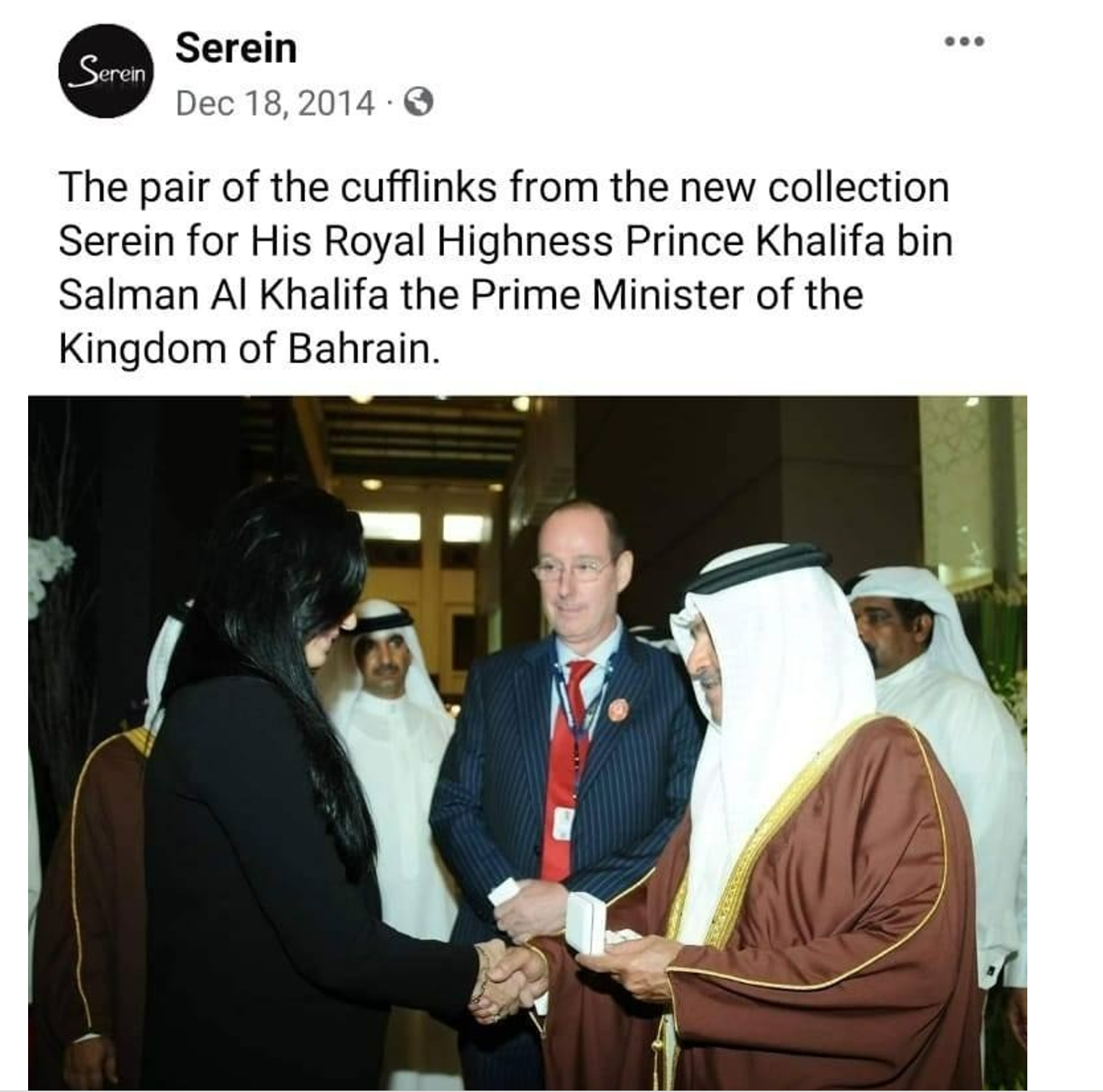
The last time 'Maria Adela' likely traveled to Bahrain was in 2017, according to an email sent by Marcel D'Argy Smith in August 2017. There, she writes that she is awaiting the renewal of her Italian residence permit and has booked a trip to Bahrain and then to Moscow in mid-November of that year.
Exactly what Adela was doing in Bahrain is unclear, but it's worth noting that the country hosts a US Navy base with more than 7,000 US officers and soldiers.
Evacuation and fictional cancer
After The Insider and Bellingcat published an investigation about “Petrov” and “Boshirov” with the mention of a GRU series of passports, “Maria Adela” flew to Moscow for the last time, without having time to explain anything to her European acquaintances. The only memento from her past life that "Maria Adela" took with her was the cat Louise, described by her acquaintances as "the only stable thing in her life." Two months after leaving, she posted a final cryptic but important post on her Facebook page. In it, she mentioned that she was suffering from cancer and talked about her hair growing back "after chemo".
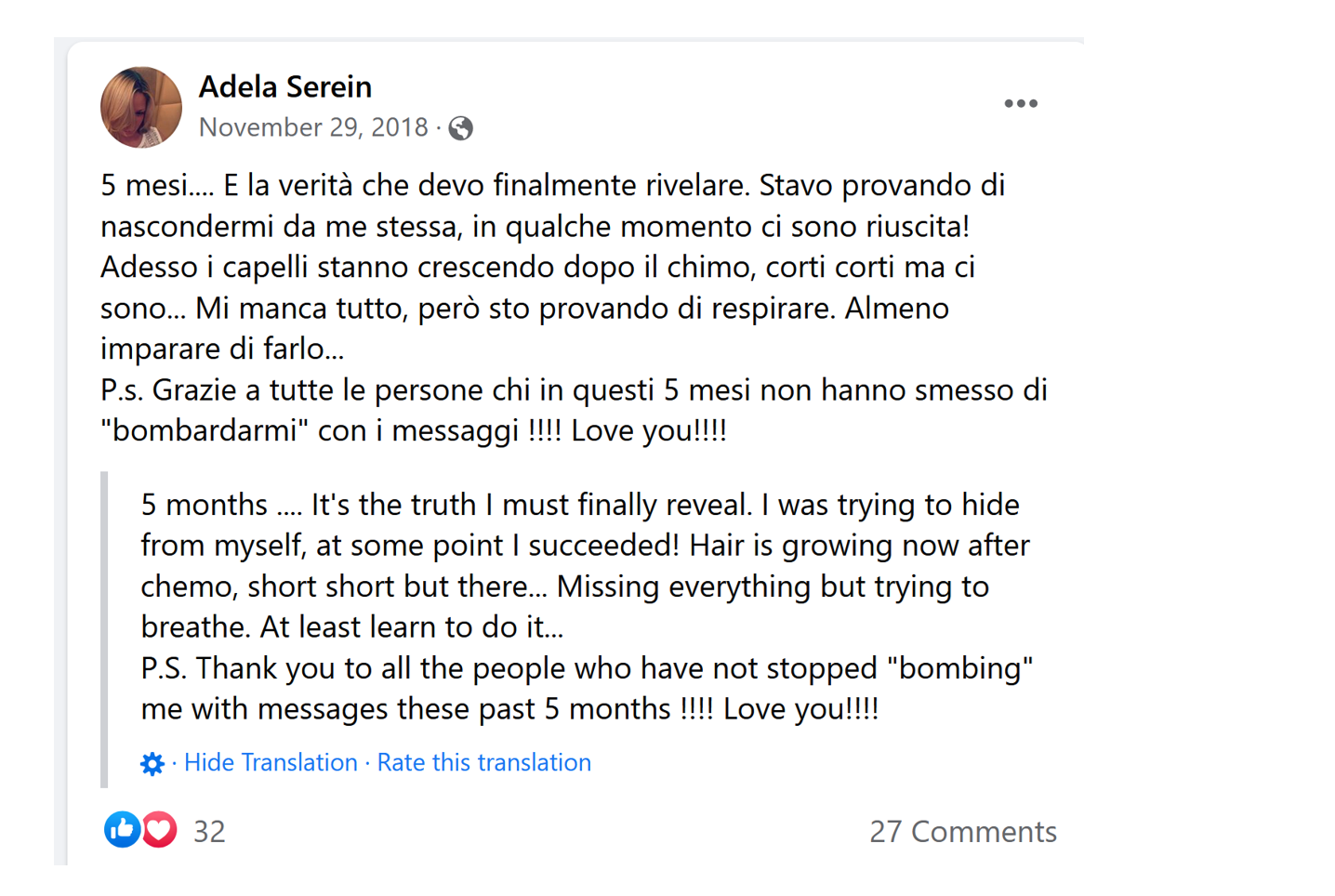
While the fictional “Adela” was dying of cancer, the real Olga Kolobova was settling in Moscow well – she bought the latest model Audi and moved into an elite apartment received from the state in the Seliger City complex in the West Degunino area she already knew.
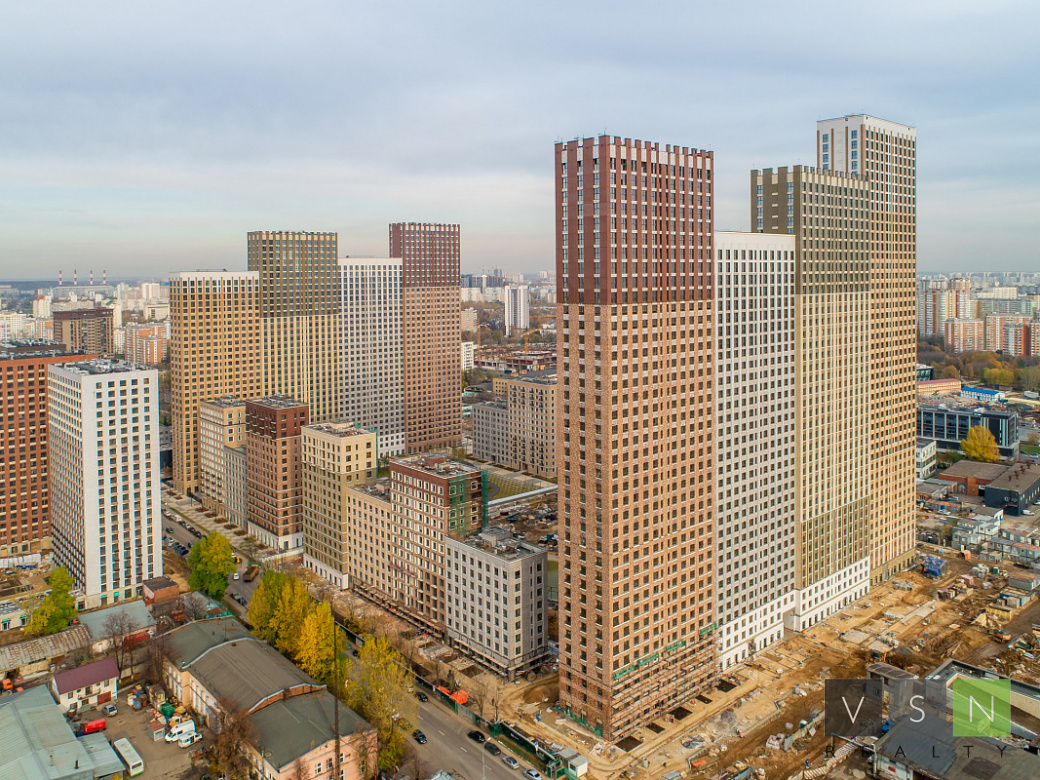
Her European friends thought the missing "Adela" was probably dead. But just over three years after disappearing, on December 4, 2021, "Maria Adela" left a cryptic message, this time in a direct WhatsApp chat with Marcel D'Argy Smith. The message read:
“Dear, dear Marcel!
There are many things that I cannot (and never will be able to) explain!
But I miss you very, very, very…”
Identification of "Adela"
“Maria Adela” came to our attention at the end of 2021, when we discovered that the owner of the PEAR series passport is a person with a name that is not in any Russian database. We found that she was issued with at least three passports – one internal and two foreign – from the ranges used by many other famous GRU officers. Her front was a South American-born mixed-race personality, a favorite backstory for both the SVR and GRU illegals.
Finding the real identity of "Adela" proved to be a daunting task. A reverse face search in the Russian passport database yielded hundreds of possible low similarity matches, which we analyzed one by one. Comparing two photos of Adela of different ages from sources on social networks with an old passport photo of a Russian citizen named Olga Kolobova, born in 1982 in the Microsoft Azur tool, gave unimpressive estimates of less than 35%. However, due to the fact that the photo in Kolobova's passport file is very old, the low percentage could simply be due to the age difference.

Otherwise, the biographies of Kolobova and Adela fit well together. First, Olga Kolobova left no digital footprint in Moscow until 2018. But traces of her presence are often found after November 2018 – just around the time when Adela was supposed to return to Moscow.
In November 2018, Olga Kolobova bought her first car in Russia, a new 2018 Audi 3 — Adela also preferred Audi.
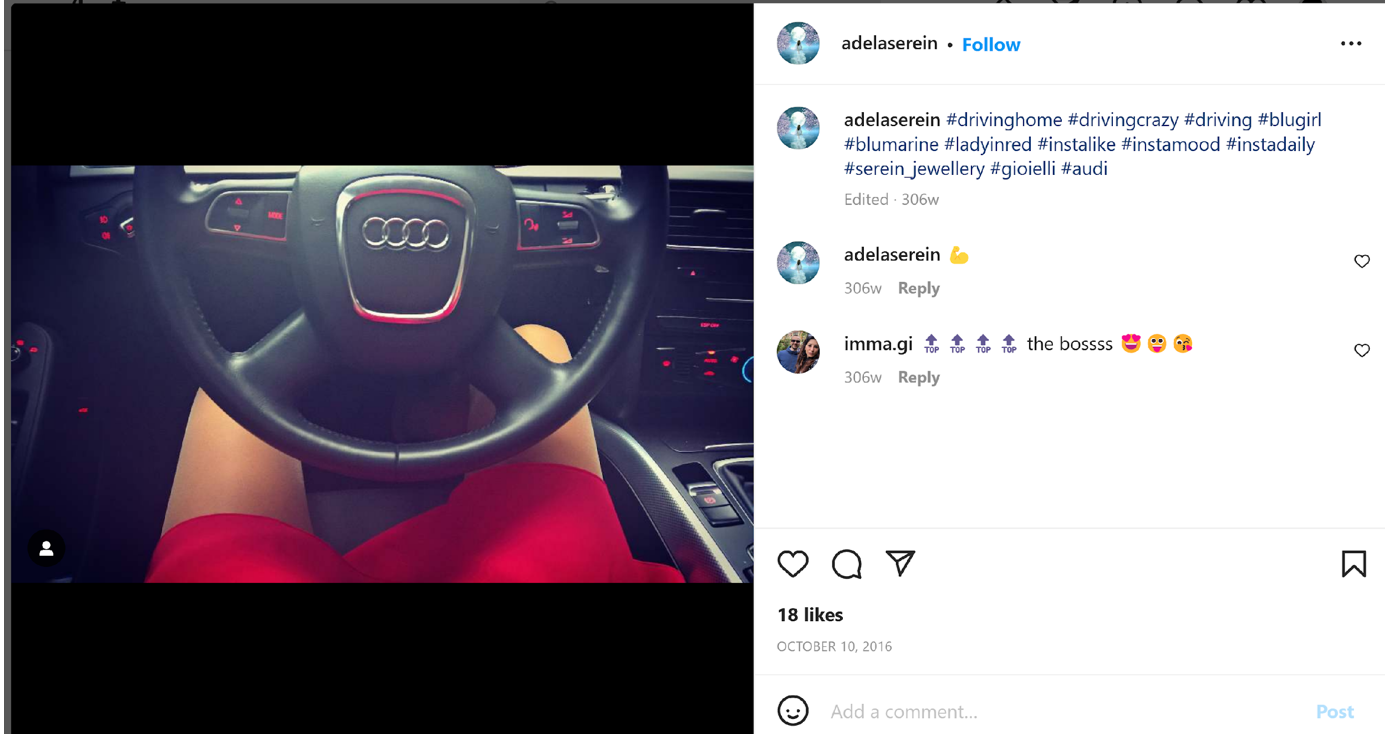
On her Odnoklassniki account , Kolobova promotes pro-war content from the Friends of Putin group and subscribes to a veterinary clinic in Moscow that also treats cats.
Using old regional databases, we were eventually able to trace Olga's last digital presence in Russia back to 2005, when, at the age of 23, she registered an alcohol company in Krasnodar Krai, Russia. Having found her then address registration, we were able to track down her father. He heads the military department at the USTU-UPI branch in Kamensk-Uralsky, was awarded the Order of Honor and " performed international duty in the republics of Iraq, Angola and Syria." Apparently, Olga Kolobova was a hereditary Grushnitsa.
It is also curious that in a short period from November 2018, Kolobova became the owner of two apartments in Moscow at once: one, a small studio in a prestigious area, was acquired in April 2019, and the second, a luxurious hundred-meter apartment in the Seliger City elite residential complex, costing about 600,000 euros was received in 2020, and the state is still officially its owner.
At the same time, judging by the leaked food delivery data from YandexFood, Olga ordered food during working hours at the address where the Russian Pension Fund is located. Few of the rank and file employees of the Pension Fund are so well provided with apartments.
The decisive confirmation that “Adela” and Olga Kolobova are one person was the photo of Olga Kolobova taken by us from her driver’s license, taken in 2021. Comparison of these photos has already given a convincing match.
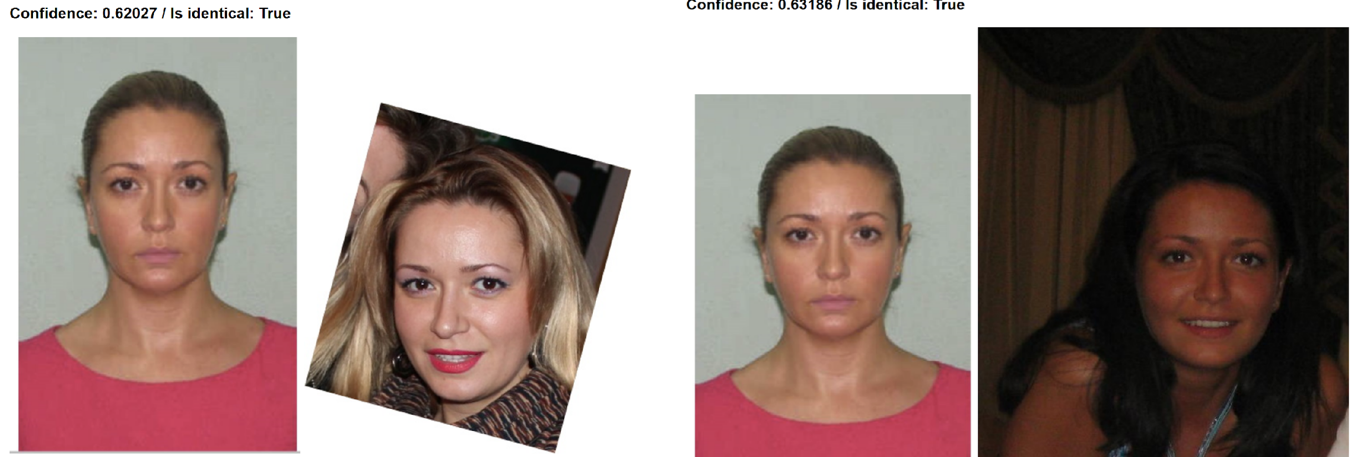
Olga Kolobova declined to comment for The Insider.


